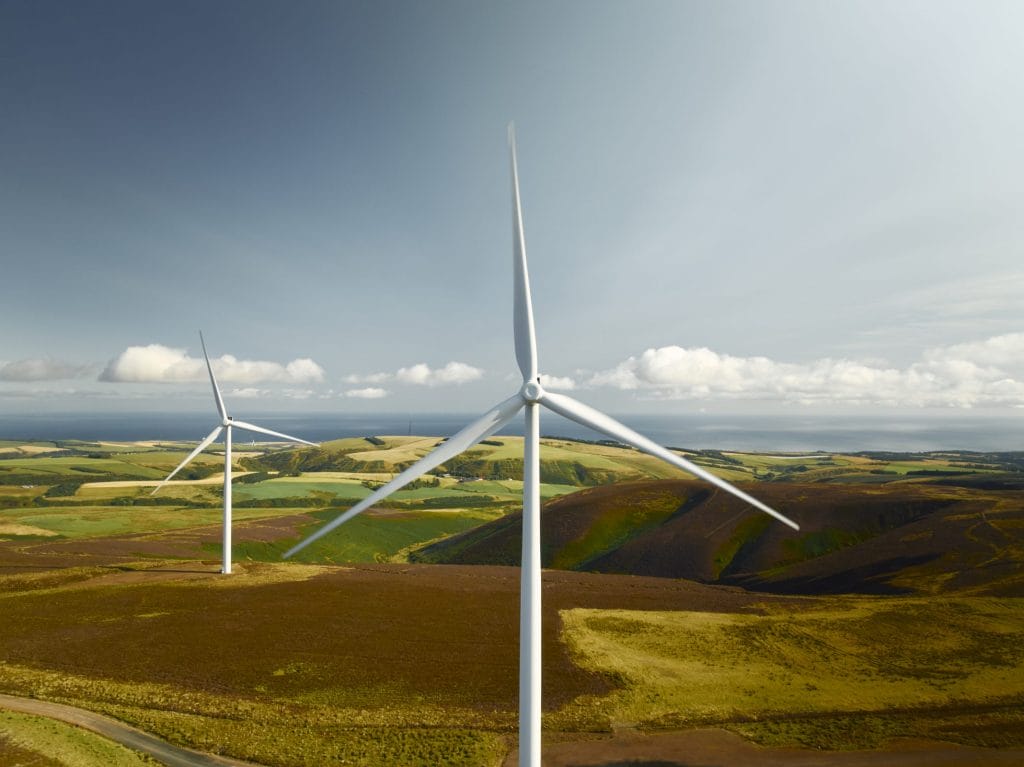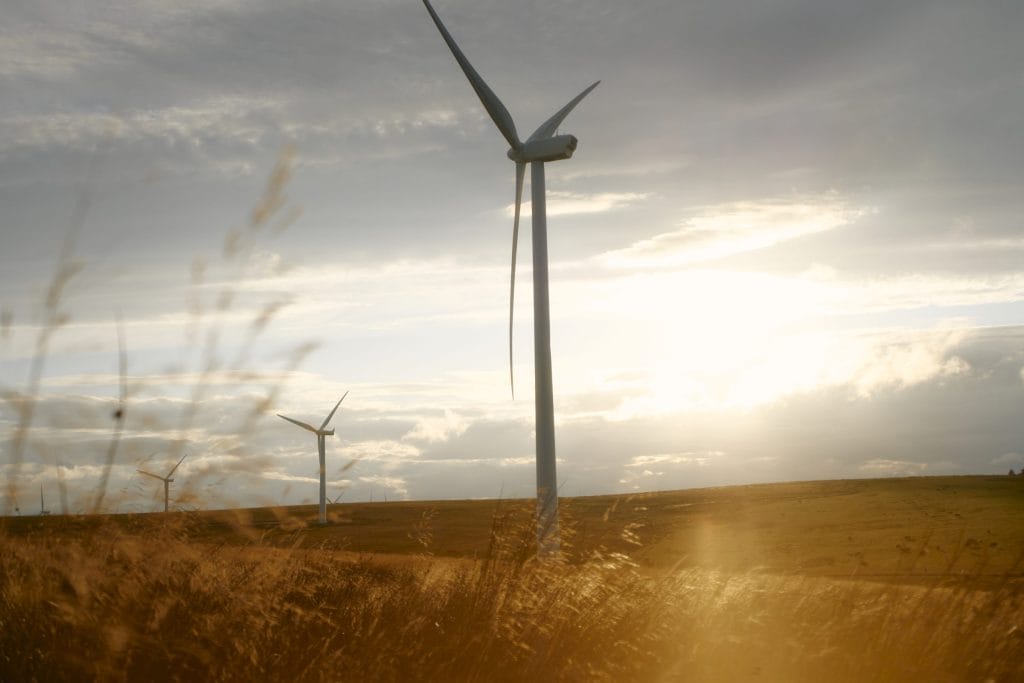Since 1882, the United Kingdom has relied on coal to bring power, heat and light to our homes and businesses. The bedrock of the Industrial Revolution, coal provided almost all of our electricity until the latter stages of the twentieth century, where we began to diversify our energy mix with natural gas and renewables.
Slowly but surely, coal has been nudged out of the energy mix. The UK enjoyed its first ‘coal-free day’ in April 2017, followed by 67 continuous coal-free days in 2020, and 288 consecutive coal-free hours in August 2024 alone.
In 2015, the UK Government announced that, by 2025, the 14 remaining coal plants would be decommissioned; these included Aberthaw and Uskmouth in Wales, Longannet and Cockenzie in Scotland, and West Burton, Cottam, Fiddler’s Ferry, and Kingsnorth in England. Once profitable, a tax on carbon dioxide emissions had rendered these power plants uneconomical. The closure of the Ratcliffe-on-Soar plant delivers the coup de grâce for the world’s most polluting fossil fuel.
The UK is the first G7 nation to achieve this coal-free milestone, facilitated largely by a rapid expansion of renewable energy technologies. With a legally-binding goal to achieve net zero emissions by 2050, eradicating coal from our energy mix is a strong step in the right direction. Lord Deben, former chair of the Climate Change Committee (CCC) said: “King Coal is dead. Long live his clean successors. This is the day we finally recognise that we can have power without it costing the Earth.�?
A selection of the sites which, by nature, occupy large areas of land, are ripe for green redevelopment. There is already a masterplan for the Ratcliffe-on-Soar site, for example, with ambitions for a green energy hub that may create 8,000 local jobs and millions per annum in economic growth.
Read the full article here.




